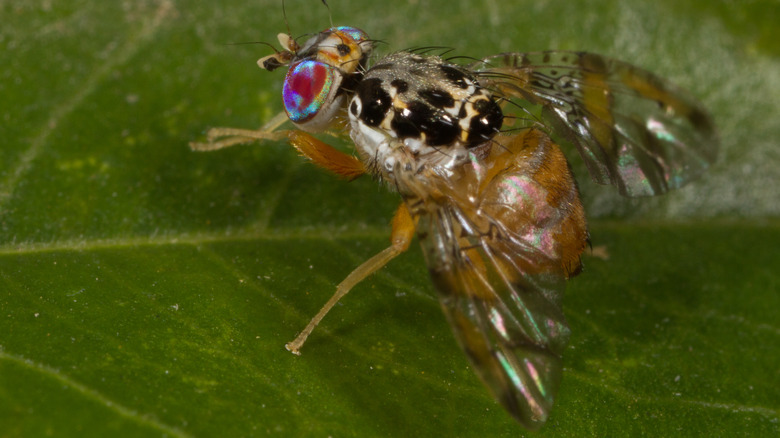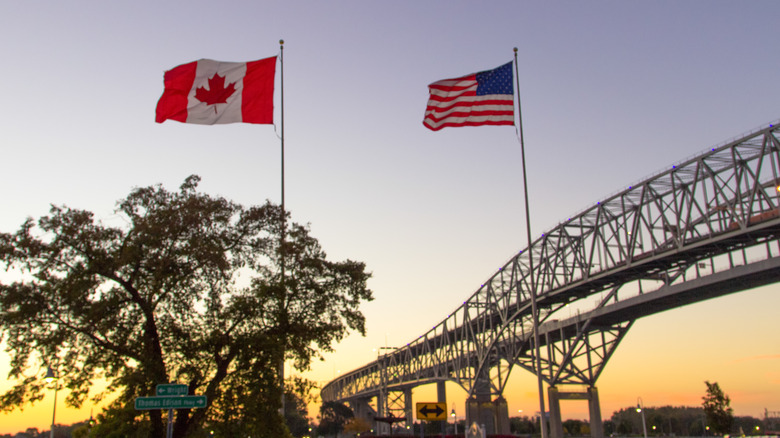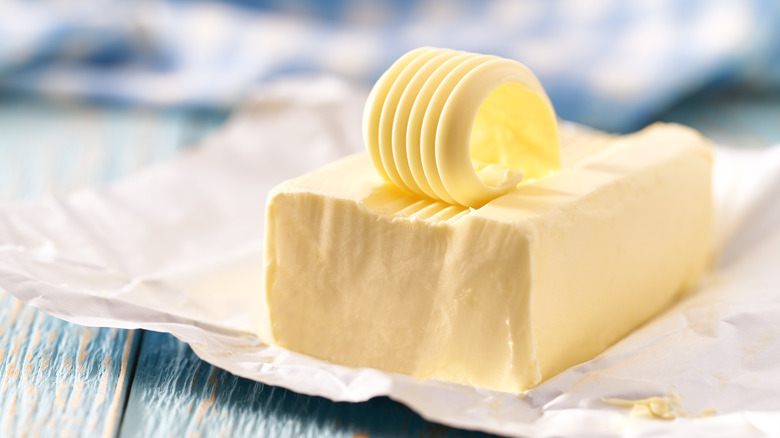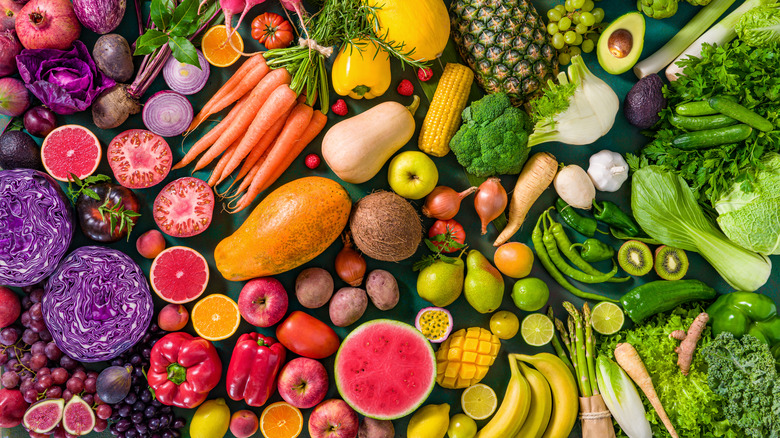Souvenir ideas for you or your loved ones come in all shapes and sizes. Think magnets, t-shirts, or shot glasses. Of course, there are edible delights, as well. However, before you pack any food into your luggage, know that if you’re traveling internationally, there are certain food items you can’t enter the country with and are prohibited by U.S. Customs and Border Protection (CBP). This includes most fresh and dried fruits, vegetables, and their seeds and leaves. For other food items, like meat (including bouillon), poultry, dairy, and egg products, restrictions can be in place from countries dealing with related diseases. Overall, the rules around importing food are vast and complex, so you’ll want to do some research before packing anything edible.
Anyone returning home to the States from a foreign country must declare agricultural items at customs via a declaration form that can be viewed and printed online. If they do not and have any prohibited items, they’ll risk paying hefty fines that range from $300 to $10,000 and confiscation. To be clear: Fines are for not declaring items–as long as you declare, you won’t be fined. In November 2023 alone, CBP reported fining 617 individuals for this infraction. While you might think you’ll be able to get away with it, there are specially-trained airport dogs on the hunt for smuggled-in goods. But why all the fuss? Unfortunately, food items can cause agricultural pests and diseases to spread across the country.
Pest outbreaks and problems that can result from illegally imported foods

One of the many jobs of U.S. Customs and Border Protection (CBP) is to inspect declared (and undeclared) international food items for diseases and pests. Nevertheless, if something is prohibited, it is ultimately destroyed. But let’s say infected agricultural products somehow make it into the country. The consequences can be catastrophic and costly. In the early 1980s, the Mediterranean fruit fly (also known as the Medfly) was discovered in California. The Medfly (pictured) lays eggs on the fruit, and the larvae eat and destroy it. The invasive species ultimately caused $100 million in damages by 1981. Although the infestation was cleared by 1982, there have been outbreaks in the years since, including in late 2023.
Likewise, an array of diseases could affect the country’s agriculture if contaminated meat makes it into the country. This includes foot-and-mouth disease (FMD), which harms livestock. The virus leads to a contagious infection that can weaken or kill animals, negatively impacting the livestock industry and the economy. For instance, a 2001 outbreak of FMD in the U.K. led to the loss of billions of dollars.
In June 2023, CBP confiscated 83 pounds of meat from a traveler returning from South Africa, a country battling FMD outbreaks for years. Similarly, poultry from several countries cannot be brought in due to the risk of spreading avian influenza. The virus kills birds and, in some cases, can be transmitted to humans.
The rules for bringing food from Canada via land border are more flexible

If you’re road tripping to Canada and are returning to the U.S. through a land border, then you’re in luck. You’ll be able to bring more food items than entering the country through an airport. Take note that if you’re flying back to the States from Canada, these looser regulations do not apply to you, and you must abide by the rules for individuals returning home from international destinations.
That said, eggs and up to 50 pounds of chicken and meat (including beef, veal, pork, and bison) can be brought back into the States from Canada. The meat and poultry should be packaged and have proof that it comes from Canada. Dairy products, certain fresh fruits, and some vegetables can also be brought in as long as they are made or grown in Canada (keep receipts to prove this).
Examples of produce that is permitted to cross the Canada-U.S. border include cucumbers, strawberries, and lettuce. Products like bananas, avocados, and guava, which are not native to Canada, are prohibited from entering the U.S. However, travelers can bring commercially dried, canned, or frozen fruits or vegetables as long as they were grown in Canada. Potatoes, tomatoes, bell peppers, or anything with sheep, lamb, or goat from Canada are prohibited. Regardless of what you bring back, you’ll still need to declare all agricultural items, even if you are crossing back into the U.S. from Canada through a land border.
Food items you are permitted to bring back to the US from foreign countries

Igor Dudchak/Getty Images
At this point, you probably think you can barely bring any food back home from your international travels. However, this is not the case. Plenty of products are permitted. Butter, dry milk products (like baking mix), and cheese that do not contain any liquid are allowed. In fact, videos suggesting tourists bring back butter from Paris have gone viral on TikTok.
You can also bring back honey and canned products as long as they are not homemade. Loved the coffee you had on your travels? No problem; roasted and unroasted coffee beans are permitted back into the country – as is green tea, black tea, and most herbal teas. Baked goods, condiments, candy, and chocolate are also allowed. Overall, the guidelines can sometimes be vague and confusing. So just make sure you declare everything and ask a border inspector if you have any questions.
Ultimately, an inspection from U.S. Customs and Border Protection (CBP) will decide what is and isn’t allowed back into the country. If you’re unsure if your food item is allowed into the United States and want to know before you return home from your travels, call CBP or submit a question on their website. You can also visit Don’t Pack a Pest for more information.

